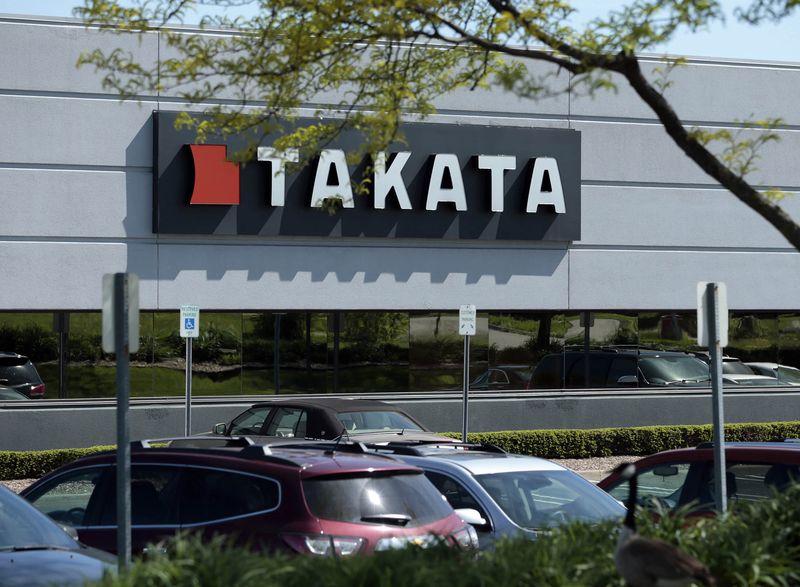Takata Bankruptcy
June 26, 2017 | Expert Insights

Japanese car parts maker Takata has filed for bankruptcy protection in the US and Japan. It is facing billions of dollars in liabilities over its defective airbags, which have been linked to at least 17 deaths worldwide. Some of the airbags contained faulty inflators which expanded with much force, spraying metal shrapnel.
US-based Key Safety Systems (KSS) has bought all of Takata's assets, apart from those relating to the airbags. The $1.6bn (£1.3bn) deal was announced after the Japanese firm filed for chapter 11 bankruptcy protection in the US, with similar action taken in Japan.
Faulty airbags
The faulty airbags were manufactured between 2000 and 2008 in Takata's US factory. The first explosion happened to a Honda Accord in 2004 in Alabama, injuring the driver. But both Takata and Honda said it was "an anomaly" and didn't disclose the danger of exploding airbags for years.
It was a decade later in 2014 when the New York Times reported about its alleged cover-up which led to legal action against Takata. The firm finally accepted the full responsibilities the following year.
Analysis
The cause of the malfunctions has not yet been identified, and despite the size of the the recall, Takata admits it is not clear how many of the airbags are still in vehicles on the roads. Takata agreed to pay $1bn in penalties in the US for concealing dangerous defects, and pleaded guilty to a single criminal charge, earlier this month.
The firm paid a $25m fine, $125m to people injured by the airbags as well as $850m to carmakers that used them. But it is facing further legal action in the US and liabilities of 1 trillion yen ($9bn) - including to 10 carmakers who used its airbags.
Honda, Nissan and Toyota, who have been paying recall costs until now, told the while they would continue negotiating, they were not hopeful of getting the money back.
Trading in Takata shares has been suspended on the Tokyo Stock Exchange, and the firm will be delisted late next month. Small businesses that may be affected by Takata's bankruptcy will get support including loan guarantees.
Only 38% of the 43 million air bag inflators under recall in the U.S. had been repaired as of May 26, according to data on the U.S. Department of Transportation’s National Highway Traffic Safety Administration website. In Japan, 73 percent of the close to 19 million air bags under recall have been repaired, a spokesman at the country’s transport ministry said this month.
The ammonium nitrate compound used in the airbags was found to become volatile with age and prolonged exposure to heat, causing the devices to explode. Costs so far have pushed the company into the red for three years, and it has been forced to sell subsidiaries to pay fines and other liabilities.
Assessment
It just shows that manufacturers supplying to global markets should be extremely careful about quality standards and consciously product liabilities. In this case, a defective airbag has led to the bankruptcy of the company that was atleast 80 years old. Most of the time, such defects occur when there is no thorough quality check of the supply chain.








Comments